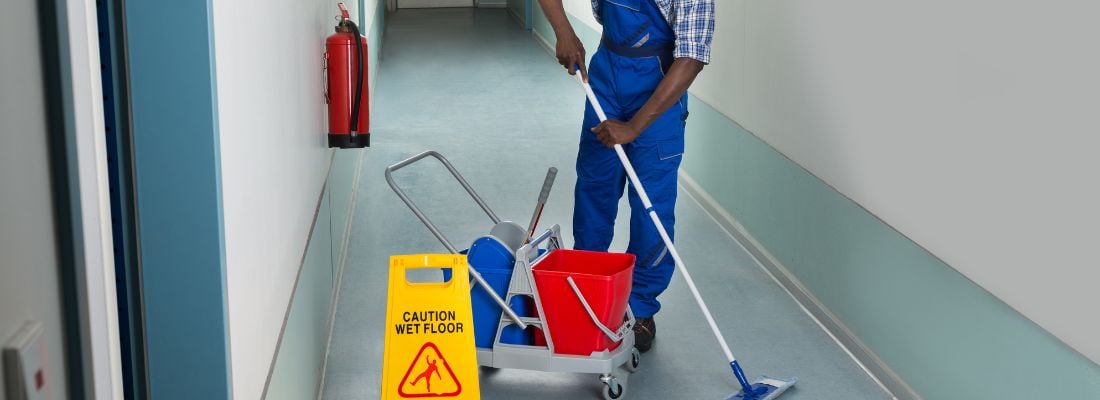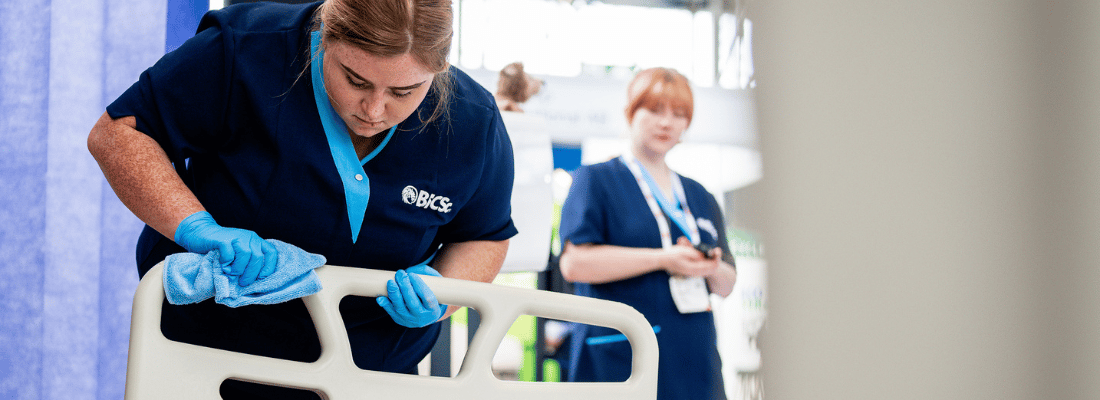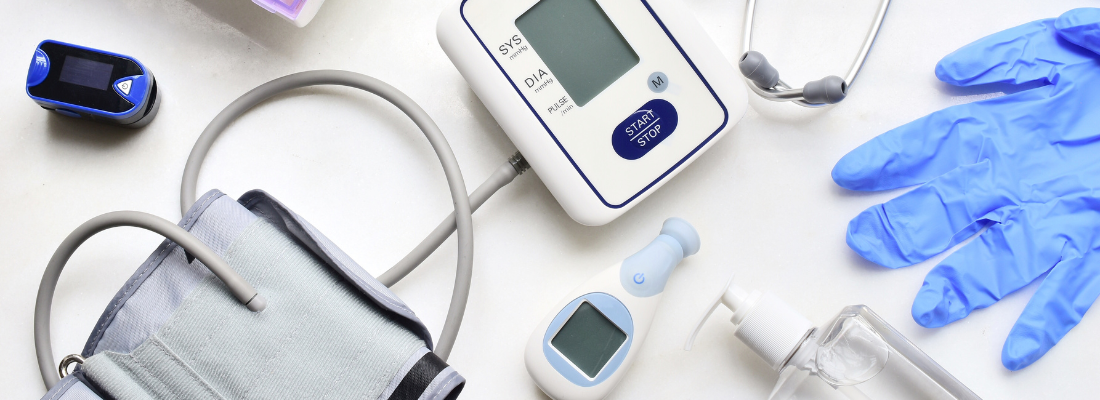Loading component...
What coronavirus means for infection prevention and health

The current outbreak (COVID-19) of the new coronavirus (SARS-CoV-2) is already impacting global health systems and the global economy. How countries and international organisations respond to the challenges will help inform how we react to future pandemics and health security challenges.
Global disease outbreaks and pandemics have been increasing exponentially over the last 40 Years. By analysing the causes of this and similar pandemics, Clean Hospitals hopes to shed some light on the current health risks, decision-making dynamics and future implications of the current coronavirus pandemic.
Why the rate of pandemics is increasing
There are numerous reasons for the exponential growth of global pandemics, but the most frequently cited include the expansion of the human population, destabilisation of ecosystems and globalisation.
Humans are coming into contact with environments that were previously untouched, meaning that they will also come into contact with the viruses and bacteria that are inherent to those environments. Many of these will have no impact on human health, but some do. Human actions that impact animals, such as changes in land use and climate change have a profound effect on how these diseases spread. As our climate changes, certain populations of animals increase and spread into geographic zones that were previously uninhabitable to them, they are more likely to spread the diseases that they carry to new regions.
Changes in land use and changes in contact between humans and animals, also affect the (re)emergence and spread of disease, as does the unmanageable explosion of the global wildlife trade.
The potential impact on health systems
The issue that needs to be assessed is the level of risk that more frequent outbreaks of emerging and reemerging diseases pose for the human population. Impact can be assessed in different ways, including global morbidity, mortality, economic burden and geopolitical implications.
There are health system and human factors that will impact the spread of a virus. Health system capacity factors include the availability of treatment or vaccine, and the level of resources (both human, material, and financial) available for allocation. Human factors include whether the population is immunologically naïve or not, how well the human immune system can respond to the virus, age structure of a population, population density, as well as mobility and cultural behaviors.
Systemic factors that will determine the severity of an outbreak or pandemic include the resilience of health systems, co-existing external factors that would hinder an appropriate response, and the ability of a governing body to respond to the outbreak, implement infection control measures in the population, and continue to function despite a health emergency. Health systems are varied, a small outbreak of the flu in a high resource country with a robust health system will likely only have a small impact on the continual habitual or average delivery of health services that have nothing to do with the outbreak. A health system that is fragile, or already overloaded by either routine care or another emergency needs only a little disruption to damage it or even causes it to collapse. Traditionally, supranational organisations, international institutions and non-governmental organisations will fill that response vacuum as well as is possible.
What this means for infection prevention and control
It might be easy for IPC experts to get caught up in the frenzy of getting prepared for a new pandemic. Granted, we don’t know what, if any, the long-term effects of this virus might be on the human body. But what is most important is to keep a healthy perspective, and avoid getting distracted by all of the hype and forecasting. Although there is not yet enough information available.
It is essential that we prepare ourselves for what seems like will be the inevitability of having the virus at our doorstep, but we must think ahead to enact common sense policies that will not cripple the normal functioning of our healthcare institutions. That may mean sending people home while waiting for a test result to come back or even providing home care to mild cases, or figuring ahead of time how to handle an extra influx of patients.
Healthcare institutions can organise beds and isolation rooms, and IPC teams can set up hotlines in anticipation of the virus. Though more easily said than done, having a clear definition of what constitutes a suspect case is crucial. The case definition will evolve rapidly in a context where the epidemiological risk changes with geographic spread of the disease, and possible new information about its epidemiology. In order to contain the outbreak, the case definition should be broad at an early stage. It is also important for IPC teams to work with hospitals in expanding their triage capacity and deciding how to organise the activities during a period with a potentially unusually high influx of patients suspected to have the virus. Liaising with the virology laboratory to define additional hours and workforce if needed, can be an additional step to help ready an institution. Healthcare staff must be reminded on the importance of hand hygiene and of standard precautions, contact precautions, as well as any complementary measures in preventing the spread of the disease.
Developing countries face with more critical challenges during outbreaks compared with higher income countries, preventing effective management worldwide. The lack of IPC in developing countries with limited resources is a major dilemma that leads to high rates of healthcare-associated infections. Hand hygiene is arguably, the most important infection control procedure, and is often neglected by health-care workers in these countries. While developing countries still lack the equipment, expertise, and health infrastructure to detect and manage patients,65 SARS-CoV-2 is spreading rapidly in these unprepared countries. It has been recommended to promptly prioritise resources, precise surveillance, and capacity development in countries with low preparedness for diagnosing the virus and limiting transmission.
What is most essential is that regular care activities do not suffer because of a pandemic condition, and that control of the far more common (and far more deadly) pathogens hospitals deal with on a daily basis remains of utmost importance.
What Now?
Effects of outbreak always difficult to predict because there are so many variables to consider. First, we do not know much about this virus, and secondly, so much of its spread will be dictated by human behavior, decisions, and ultimately, luck.
So far, there have been relatively few cases abroad, but a great many in China. Still, the number of cases in countries other than China continues to grow. Outside of China, there is a growing number of cases and casualties. Coupled with the exponential growth of the pandemic, the very short pre or pauci-symptomatic and infectious incubation period of the virus, as well as the possible prolonged high-level carriage, makes it quite difficult to contain. One probable scenario is that SARS-CoV-2 will just become another human virus that the world deals with on a regular basis.
WHO director- general Dr. Tedros warned of a potential global pandemic: The window of opportunity is still there, but our window of opportunity is narrowing,” he said. “We need to act quickly before it closes completely.” It seems to not be as dangerous as initially thought, so perhaps, once again, humanity will be lucky. Hopefully we can learn from our mistakes before our luck runs out.
This article is a shortend version of ‘’Understanding the emerging coronavirus: what it means for health security and infection prevention’’. You can read the full article here.








